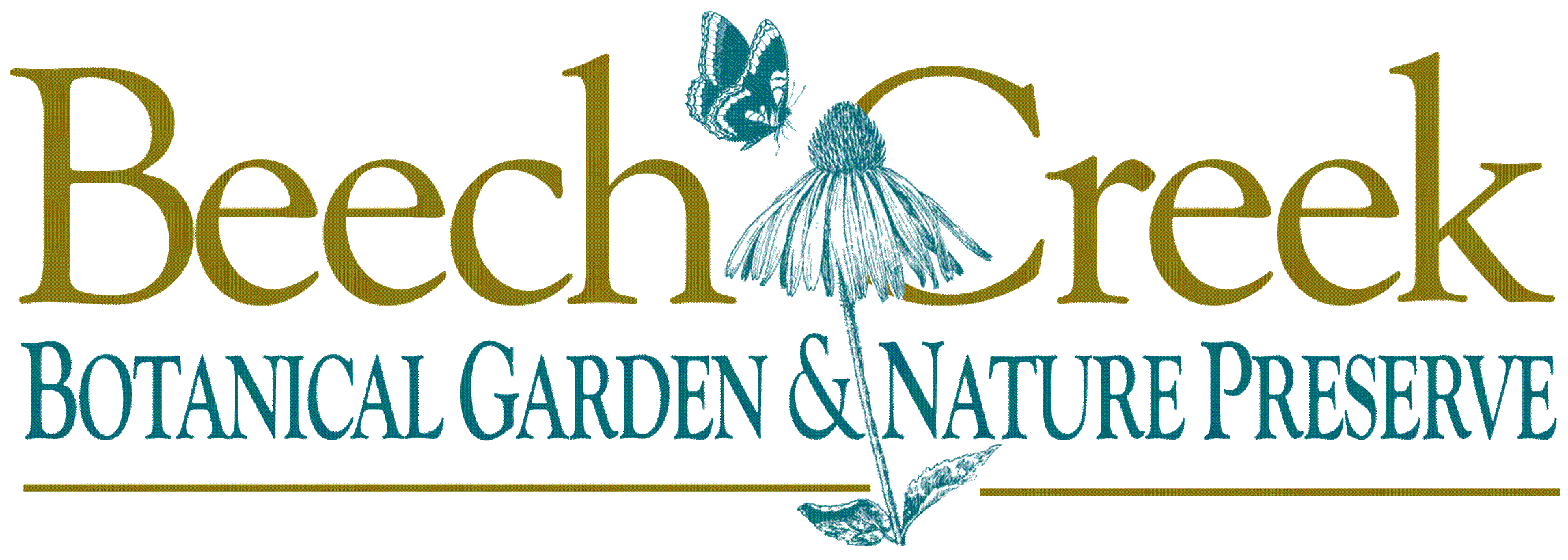
Environmental Science
School Field Trips 2025
Environmental School Field Trip Program
Spring 2025 Field Trips are Fully Booked
Group size: 25 students min - 75 students max. (Groups under 25 or over 75 can be accommodated with some adjustment to the program – please give us a call)
Home School Form
Public/Private School Form
Return the completed form to education@beechcreekgardens.org
Field Trip Details
-
Programs are designed to provide a 3 hr. comprehensive learning experience usually 9 am to 1 pm including a lunch break. Adjustments to this schedule are always possible.
-
The majority of the Learning Trail areas are handicap accessible.
-
Picnic tables outdoors are available for lunch.
-
Students, teachers, and chaperones will go out on the trail even in the rain so please dress for the weather – we will not go on the trail if a storm is threatening.
Questions? - call 330-422-3324

Public/Private School Form
Home School Form
Return the completed form to education@beechcreekgardens.org
What are Learning Trails
Learning Trails Will Include the Following Based on the Theme
-
Guided inquiry - a visit to the Amazing Garden where students engage with the learning stations and have an up-close, critter encounter.
-
Field Experience – students participate in a guided trail walk that includes fieldwork specific to the chosen learning topic.
-
Raptor Hallow Encounter - students will visit our partners at Raptor Hallow Sanctuary and get an up close look at beautiful creatures. This session will be lead by the Raptor Hallow staff.
-
Play Playce - We have created a marvelous play area complete with tree house, eagles nest, climbing area and various challenge activities. This session is built into every field trip and is one of the favorite stops for students and teachers.

Learning Trail Themes
Learning Trails Will Include the Following Based on the Theme
Life Cycles
A program designed to provide students with a hands-on experience working with plants and animals, observing and identifying the physical features of life stages.
Living Things / Habitats
This program will provide students with a hands-on, inquiry experience working with plants and other organisms that depend on each other for survival. They will also explore the requirements living things need in any habitat, taking a close look at the interaction between the living and nonliving components.
Soil – We can't live without it!
This program will provide students a hands-on experience with soils. Students will complete a modified soil characterization, collect soil temperature and moisture data and sort out the components (clay, sand, silt, rocks, roots, critters) that make up a soil sample. When time permits, several samples are collected, and a comparison of the soil is made between groups. During this investigation, particular attention is drawn to the interaction between the biotic (living) and abiotic (nonliving) components of an ecosystem.
Changing Surface
This program takes a look at some of the more subtle ways the Earths surface changes. We will explore the power of plants, the potential of a summer rain or winter snow, and the activity of animals, including humans, that continuously contribute to the ever-changing earth surface.
Fossils Then & Now!
Fossils provide evidence that many plant and animal species are extinct and that many species have changed over time. We will take a close look at some local fossil evidence using hand lenses and microscopes to search for details. Then we will explore the landscape at Beech Creek to find similar plant life.
Hydrology: We do not just drink water - we are water!
Water constitutes 50 to 90 percent of the weight of all living organisms. It is one of the most abundant and essential substances on Earth. Water sustains plant and animal life, plays a vital role in the formation of weather, helps to shape and reshape the surface of the planet through erosion and other processes, and approximately 70 percent of Earth's surface is covered in water. (Hydrology Introduction, GLOBE). During the students time at Beech Creek, they will explore the role that plants play in keeping our water clean, walk a watershed and test the Beech Creek for water temperature, pH, turbidity and dissolved oxygen levels.
Blaze Your Own Trail
You have the freedom to design a visit to fit your specific needs. You tell us what you would like to cover and we will help build a program to do just that.
_JPG.jpg)


